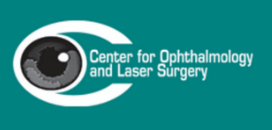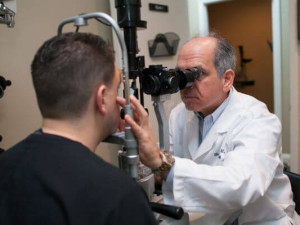
Ensuring that your child has healthy vision is a critical component of a successful education. For example, if your child is struggling to see the blackboard at school, he or she may not be able to absorb lessons and apply them to his or her schoolwork. This can make for a frustrating experience for the child, who may suddenly act out or express a vehement disinterest in school.
While schools offer vision screenings, these aren’t exactly fail-proof; in fact, many vision problems go undetected during these mandatory screenings. That’s why it’s critical for parents to stay alert to the five signs that their child may be having vision problems:
- Your child is squinting. In an effort to improve his or her vision, your child may have developed a habit of squinting. By creating a “pinhole” through squinting, your child may experience a temporary relief of any vision problems. If you don’t notice this at home, consider asking your child’s teacher if he or she has noticed any squinting.
- Your child is tilting his or her head. If you notice that your child is tilting his or her head whenever he or she is focusing on an object, this could be a sign that your child is suffering from an eye muscle imbalance. Tilting the head can correct this imbalance, thus temporarily improving the vision.
- Sitting too close to the TV. If your child is having vision problems, he or she is going to sit closely to the television in order to make out what’s on the screen. Carefully assess how close your child is sitting to the TV the next time you’re watching a show, or he or she is playing a video game.
- Experiencing lower grades. Let’s say your child was a star student, but is suddenly experiencing a drop in grades. This could be a clear-cut sign of vision problems, as not seeing the blackboard could lead to poor performance on tests and homework. What’s more, your child may be frustrated by his or her vision problems, which he or she may express by becoming disinterested in school.
- Holding a book too close. If your child is closely holding a book to his or her face, consider getting him or her tested for blurred vision. This is typically a sign that your child is nearsighted, as holding an object closer to the eyes can temporarily improve vision.
Make sure that your child has regular appointments to see an ophthalmologist. At the Center for Ophthalmology and Laser Surgery – serving the greater Fort Lauderdale, FL and surrounding Florida areas – Dr. Loeffler and his staff members are dedicated to diagnosing vision problems in children and correcting them with a range of treatment options. Schedule an appointment with Dr. Loeffler today for diagnosis and to learn about your child’s treatment options. (954) 786-5353




